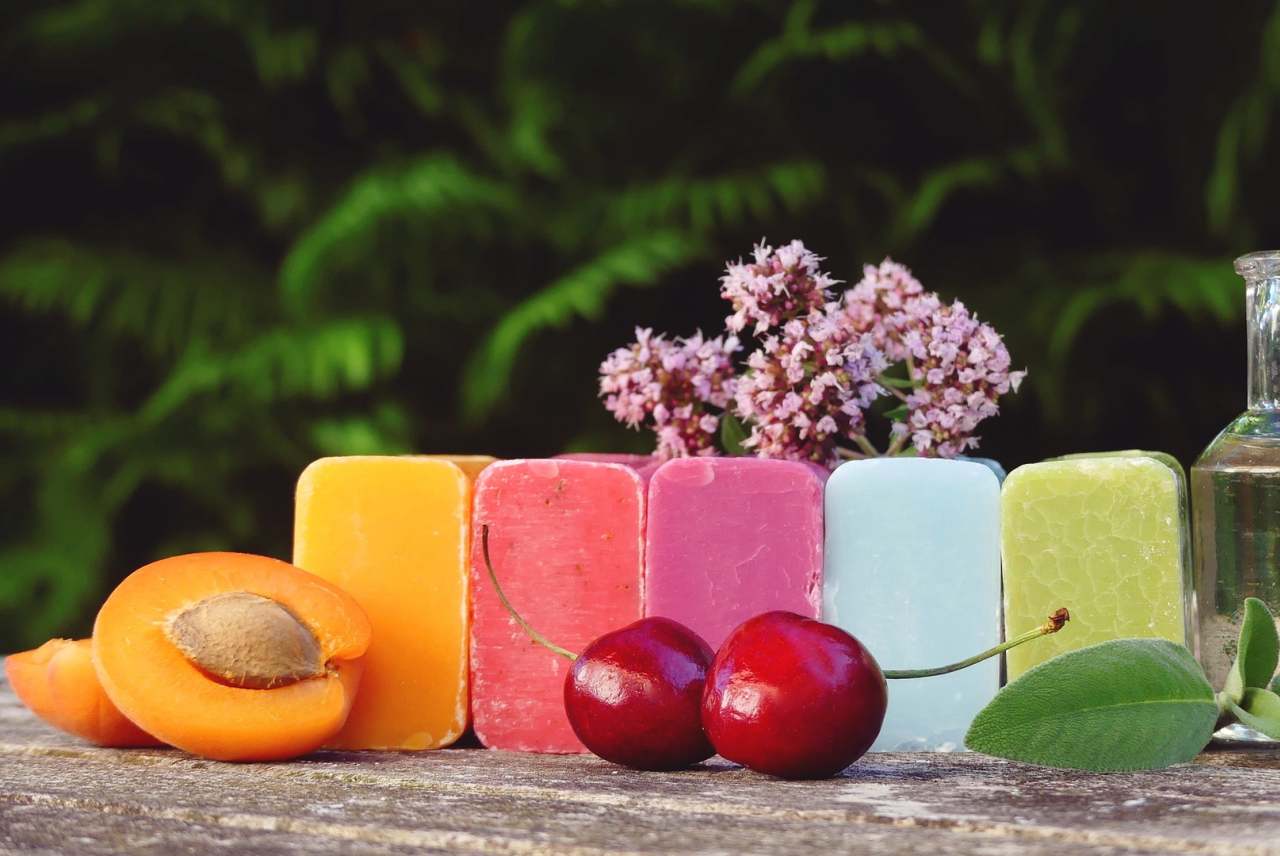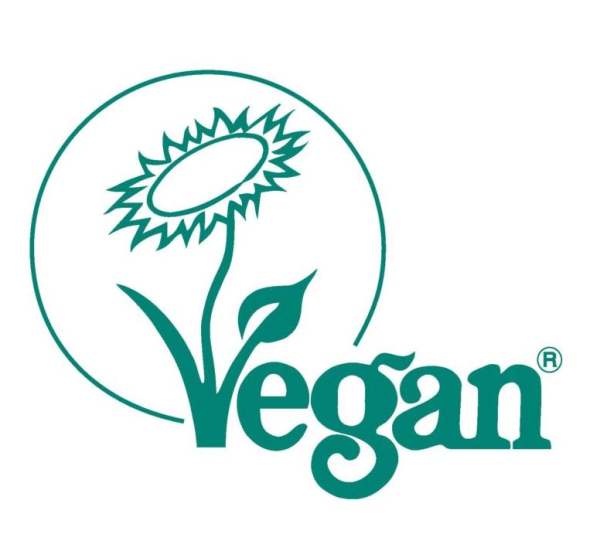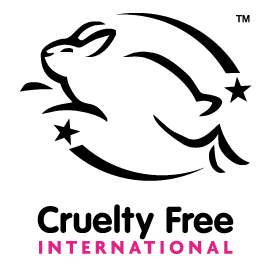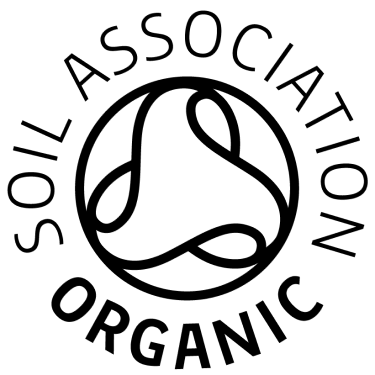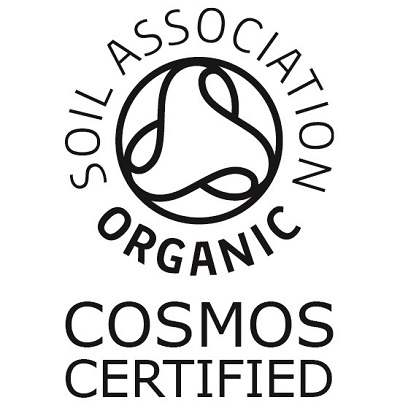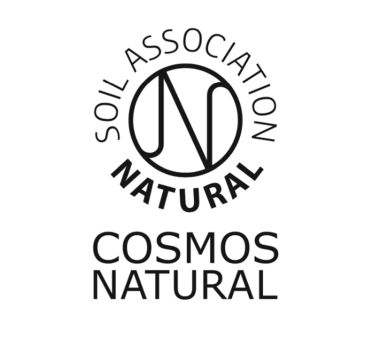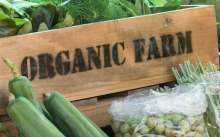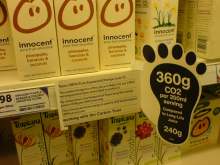The health and beauty sector faces a wide range of ethical issues from animal testing to toxic ingredients. Certifications can be an important way to identify products that are produced to more ethical standards.
Many common terms used in the cosmetics sector do not have a legal definition. Phrases like ‘natural’ or ‘naturally-derived’ have little meaning, and can be used as a marketing ploy.
Below we identify a few of the more meaningful labels, to help you avoid greenwashing.
